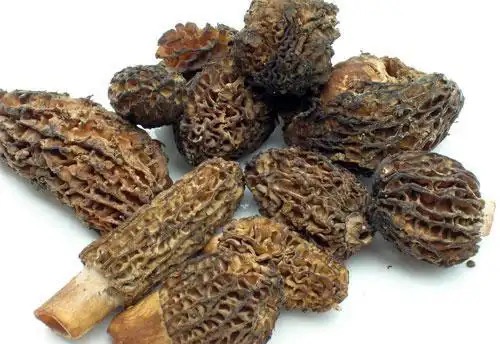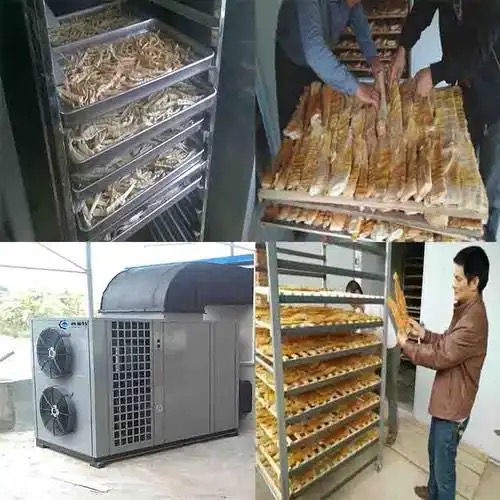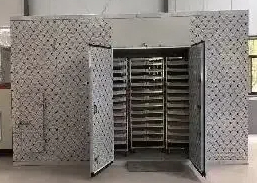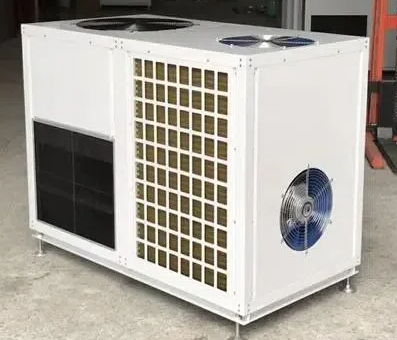
Content Menu
Is A Heat Pump Or Condenser Dryer Better?
● Understanding Heat Pump Dryers
● How Heat Pump Dryers Work
● Advantages of Heat Pump Dryers
● Disadvantages of Heat Pump Dryers
● Understanding Condenser Dryers
● How Condenser Dryers Work
● Advantages of Condenser Dryers
● Disadvantages of Condenser Dryers
● Cost Comparison
● Which Is Better for You?
● Conclusion
● Frequently Asked Questions
>> 1. What is the main difference between heat pump and condenser dryers?
>> 2. Are heat pump dryers worth the investment?
>> 3. Can I install a heat pump dryer in a small apartment?
>> 4. How often do I need to empty the water tank in a heat pump dryer?
>> 5. Do condenser dryers damage clothes?
Understanding Heat Pump Dryers
Heat pump dryers are a modern innovation in laundry technology. They work by using a heat pump to recycle hot air within the dryer, which allows them to operate at lower temperatures compared to traditional dryers. This method not only saves energy but also reduces wear and tear on your clothes.

How Heat Pump Dryers Work
Heat pump dryers use a closed-loop system. The dryer draws in air, heats it, and then passes it through the wet clothes. The moisture from the clothes evaporates into the air, which is then cooled down to condense the moisture into water. This water is collected in a tank or drained away, while the now-dry air is reheated and reused in the drying process.
Advantages of Heat Pump Dryers
1. Energy Efficiency: Heat pump dryers are known for their energy efficiency. They use significantly less electricity compared to condenser dryers, making them a cost-effective choice in the long run.
2. Gentle on Clothes: The lower drying temperatures mean that heat pump dryers are gentler on fabrics, reducing the risk of damage and extending the life of your garments.
3. No Venting Required: Since heat pump dryers recycle air, they do not require external venting, making them ideal for apartments or homes without proper ventilation.
4. Environmentally Friendly: By using less energy, heat pump dryers have a smaller carbon footprint, making them a more environmentally friendly option.
Disadvantages of Heat Pump Dryers
1. Longer Drying Times: One of the main drawbacks of heat pump dryers is that they typically take longer to dry clothes compared to condenser dryers. This can be a consideration for households with heavy laundry needs.
2. Higher Initial Cost: Heat pump dryers tend to be more expensive upfront than condenser dryers. However, the energy savings can offset this cost over time.
Understanding Condenser Dryers
Condenser dryers are another popular option for drying clothes. They work by heating air and passing it through the clothes, similar to traditional dryers. However, instead of venting the moist air outside, they condense the moisture into water, which is collected in a tank.

How Condenser Dryers Work
Condenser dryers operate by drawing in air, heating it, and then blowing it into the drum where the clothes are. The warm air absorbs moisture from the clothes, and once it exits the drum, it passes through a heat exchanger where it cools down. The moisture condenses into water and is collected in a tank or drained away.
Advantages of Condenser Dryers
1. Faster Drying Times: One of the main benefits of condenser dryers is their ability to dry clothes faster than heat pump dryers. This is due to the higher temperatures they operate at.
2. Lower Initial Cost: Generally, condenser dryers are less expensive to purchase than heat pump dryers, making them a more accessible option for many consumers.
3. Simplicity of Use: Many users find condenser dryers straightforward to operate, with fewer settings and options compared to heat pump models.
Disadvantages of Condenser Dryers
1. Higher Energy Consumption: Condenser dryers typically consume more energy than heat pump dryers, leading to higher electricity bills over time.
2. Heat Generation: Because they operate at higher temperatures, condenser dryers can generate more heat, which may not be ideal in smaller spaces.
3. Potential for Fabric Damage: The higher drying temperatures can be harsher on fabrics, potentially leading to shrinkage or damage over time.
Cost Comparison
When considering the cost of heat pump versus condenser dryers, it’s essential to look at both the initial purchase price and the long-term operating costs. While heat pump dryers may have a higher upfront cost, their energy efficiency can lead to significant savings on electricity bills over time.
Which Is Better for You?
The choice between a heat pump dryer and a condenser dryer ultimately depends on your specific needs and circumstances. If you prioritize energy efficiency and gentleness on fabrics, a heat pump dryer may be the better option. However, if you need faster drying times and a lower initial investment, a condenser dryer could be more suitable.
Conclusion
In summary, both heat pump and condenser dryers have their pros and cons. Heat pump dryers are more energy-efficient and gentler on clothes, while condenser dryers offer faster drying times and lower initial costs. Consider your laundry habits, budget, and space constraints when making your decision.

Frequently Asked Questions
1. What is the main difference between heat pump and condenser dryers?
Heat pump dryers recycle hot air and operate at lower temperatures, while condenser dryers use higher temperatures to dry clothes faster.
2. Are heat pump dryers worth the investment?
Yes, they are more energy-efficient and can save you money on electricity bills in the long run.
3. Can I install a heat pump dryer in a small apartment?
Yes, heat pump dryers do not require venting, making them ideal for small spaces.
4. How often do I need to empty the water tank in a heat pump dryer?
It depends on usage, but typically, you will need to empty the tank after every few loads.
5. Do condenser dryers damage clothes?
They can be harsher on fabrics due to higher drying temperatures, which may lead to shrinkage or wear over time.












